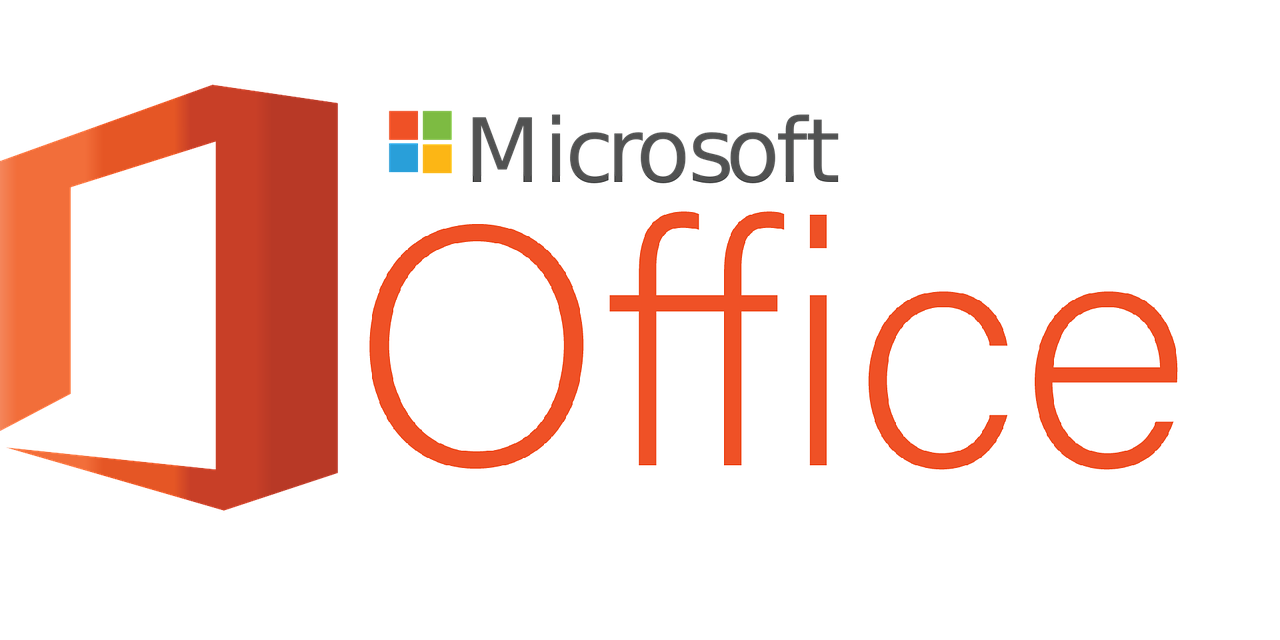Microsoft Office and Teams Decoupling: Implications for Market Competition

In a significant move that has rippled through the tech industry, Microsoft has announced it will cease the practice of packaging its Teams videoconferencing app with its Office software suite. This decision, effective from this week, marks a pivotal shift in the company’s strategy, prompted by antitrust scrutiny. Customers purchasing Office subscriptions will no longer find Teams bundled with their productivity software. Instead, Microsoft will offer Teams and Office as separate products worldwide, a strategy that was initially adopted last year in Europe.
This decision stems from the European Union’s executive commission launching a formal investigation into Microsoft’s practices. The EU, known for its stringent competition laws, initiated this inquiry following concerns that Microsoft’s bundling of Teams with Office could unfairly disadvantage competitors. The move by Microsoft to decouple Teams from Office underscores the growing pressure tech giants face from regulators to ensure fair competition in the digital marketplace.
The background of this investigation can be traced back to a complaint filed in 2020 by Slack Technologies, a prominent workplace messaging software company. Slack, which is owned by Salesforce, accused Microsoft of leveraging its market dominance to squash competition by integrating Teams with its Office suite unlawfully. According to Slack, this bundling strategy violated EU laws by giving Microsoft an unfair advantage over other players in the market.
Microsoft’s Teams has emerged as a formidable player in the videoconferencing and workplace collaboration space, a sector that saw exponential growth during the COVID-19 pandemic. With the shift to remote work, tools that facilitate online meetings and collaboration became indispensable for businesses and educational institutions worldwide. Microsoft capitalized on this demand by integrating Teams into its widely used Office suite, which includes popular applications such as Word, Excel, and Outlook.
However, the bundling of Teams with Office drew criticism not just from competitors but also from regulators concerned about potential antitrust violations. The European Commission’s investigation highlighted the complex dynamics at play in the tech industry, where dominant firms can potentially use their market power to stifle competition and innovation.
By deciding to sell Teams and Office as separate products, Microsoft is making a significant concession to regulatory pressures. This move could level the playing field for competitors and foster a more competitive market for collaboration tools. It also signals Microsoft’s willingness to adapt its business practices in response to regulatory scrutiny, a stance that could influence how other tech giants operate in the global market.
The implications of this decision extend beyond the immediate concerns of market competition. For consumers and businesses, the separation of Teams from Office could lead to more choices and potentially better pricing options for collaboration tools. It might also spur innovation as companies strive to differentiate their products in a more competitive environment.
For the tech industry at large, Microsoft’s move highlights the growing influence of regulatory bodies in shaping the landscape of digital services. As tech giants continue to expand their ecosystems, the role of regulations in ensuring fair competition and protecting consumer interests will become increasingly paramount.
Microsoft’s strategic decision to unbundle Teams from its Office suite serves as a boon for both the industry and users, fostering a competitive landscape for virtual meeting platforms. This separation allows businesses to opt for alternative services like Zoom or GoToMeeting without incurring the indirect cost of Teams, offering potential monthly savings. Nonetheless, those committed to Teams can still choose it independently, ensuring flexibility and control over software selection. This move not only encourages innovation among competitors but also empowers companies to tailor their digital toolkits to their specific needs, enhancing productivity and efficiency. In essence, it marks a progressive step towards more customizable and cost-effective IT infrastructures, benefiting a wide range of stakeholders in the digital ecosystem.




